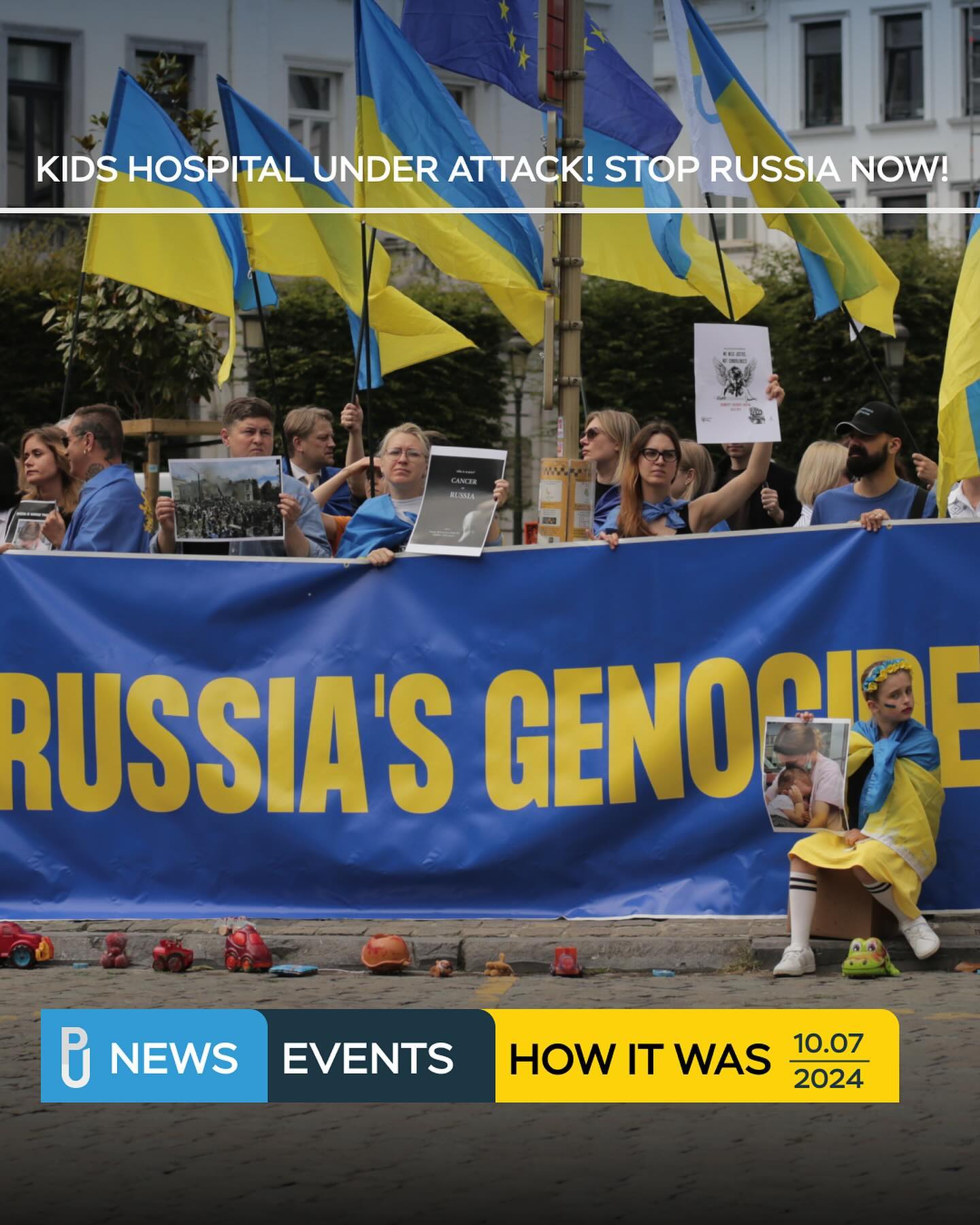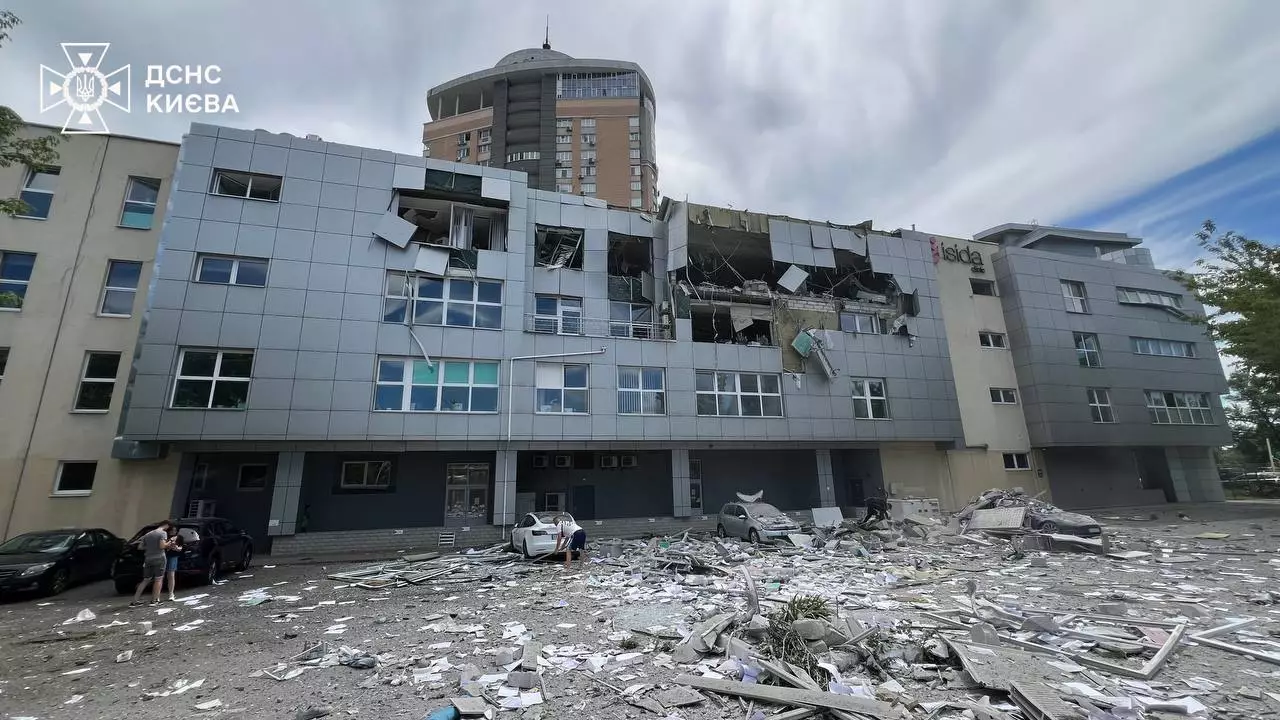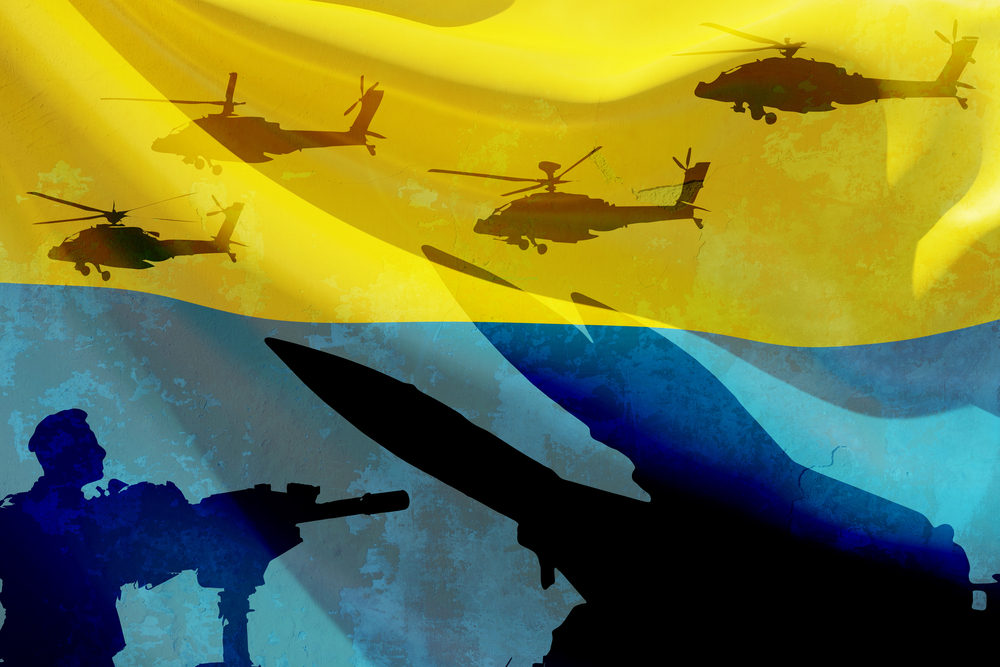After the Orange Revolution of 2005, Ukrainians were proud of the high level of freedom of speech in the country compared to other former Soviet republics. Ukrainian journalists were more or less free to express their opinions on TV, radio, print and online media, and the citizens used to get all the information, not only the information that the current government wanted to convey to them.
However, there were numerous attempts to take control of the media that contradicted the government’s official position. Both in the time of Viktor Yanukovych and Petro Poroshenko, the media had to defend their rights. This is especially true about online media, in which all oppositionists felt themselves completely free. And the government has not been able to implement control on those media.
However, now the Office of the President and the pro-presidential majority in the parliament (Verkhovna Rada) decided to put an end to the independence of the Ukrainian media by adopting the draft law ‘On Media’ (№ 2693-d). At least that’s what experts, politicians, journalists, and public figures are ready to speak about.
On Wednesday, 1 July, the parliamentary Committee on Humanitarian and Information Policy, by a majority vote, recommended that the parliament adopt the draft ‘On Media’ in the first reading. Of course, MPs from the Servant of the People fraction voted in favor. Therefore, in the future, the document will be presented to the session hall for final approval.
The chairman of the committee, Mykyta Poturaiev, said: “So many discussions were held, perhaps only the law ‘On the land market’ had more, and perhaps we now had more… These were discussions with industry, professional communities, European experts, etc.” He stressed that the revised draft law is supported by the vast majority of industries.
However, many are alarmed and say that the government brazenly destroys the independent media.
On the eve of the committee’s consideration of the draft law on media, journalists, media and public organizations of Ukraine, mass media, bloggers and authors on social networks appealed to the authorities to withdraw the document from the parliament, as the law “threatens freedom of speech.”
“We agree with the negative assessment of the draft law by the Organization for Security and Cooperation in Europe and the Main Scientific and Expert Department of the Verkhovna Rada. For some reason, the Council of Europe’s expert assessment of the draft law was not made public at the official request of the Committee on Humanitarian and Information Policy.”
According to experts, the vaguely worded requirements for the media give public authorities the power to “establish the truth.” There is no doubt that such powers could be used to control the expression of political opinions, criticism of political forces, politicians, and officials. But according to international agreements, the expression of conflicting opinions, provided there are no calls for violence or discrimination, should not be restricted, the statement sais.
The biggest concern of all those who are dissatisfied with the document is the fact that the authors of the bill propose to expand the powers of the National Council of Ukraine on Television and Radio Broadcasting. Thus this body can easily turn into a political punitive structure.
In particular, according to experts, the National Council will be able to make complaints both to journalists and to publications without a court verdict. This will not even take into account whether the media is registered or not. For example, for “hate speech” a media fine of UAH 15,000 is proposed. In the case of repeated violation, the fine increases to UAH 30,000, and if it does not work the web resource may be blocked. And until the media has sued the National Council and proved veracity, no one is to lift the blockade.
By the way, Poturayev’s words about support for the bill were questioned by experts, as only some TV channels and radio stations, of which there are no more than 200 in all of Ukraine, responded positively to the document. Instead, about 3,000 print media and more than 18,000 online media were ignored. Although tens of thousands of journalists now work exactly for online media, since they are actively moving to the Internet.
So, the new law offers to online media:
1) to complete registration at the National Council, providing the financial documents;
2) to obey the National Council and to be ready for inspections;
3) to be ready for fines to be imposed for any information, advertising, election legislation violation;
4) to be ready that the media registration is canceled in case of the National Council requirements’ violation or obstruction to its inspectors;
5) to be ready for inspections of all activities of the editorial board (including financial activity) by the National Council and all law enforcement, fiscal bodies;
The same goes for all bloggers, YouTube channel runners and other freelance journalists.
The main struggle for this bill is still ahead, but Ukraine’s foreign partners already are keeping an eye on the situation.
The EU Delegation to Ukraine diplomatically endorsed progress on the draft law, however, the advice was to provide public consultations.
“We encourage further public discussions of the draft law and continue to work with the Council of Europe Office in Ukraine to share experiences with Ukraine,” the statement says.
At the same time, according to the OSCE Representative on Freedom of the Media, Harlem Désir, the Ukrainian draft law on the media needs to be amended to be more in line with international law.
In particular, Désir notes: “Legal analysis also raised concerns about the possibility of imposing fines on certain media, prohibiting their distribution on the basis of quite broad and vague wording.”
Opinions of Ukrainian experts:
 Serhiy Lyamets, journalist, blogger
Serhiy Lyamets, journalist, blogger
The draft law ‘On Media’, if adopted, will create strong censorship in Ukraine’s information market. Its task is to bring under control of the president and the forces behind him, 50-100 most influential TV channels, radio stations and the media. The authorities decided to compensate drop in ratings by introducing total control over the media. I just repeat that the law ‘On Media’ is about the government, not about the industry regulation.
 Denys Ivanesco, Director of ‘Ukrainian News’ Agency
Denys Ivanesco, Director of ‘Ukrainian News’ Agency
I hope that the parliament will not extend this draconian law, and its supporters will only gain ill fame of ‘enemies of freedom of speech’, as happened with the odious Volodymyr Borodyanskyi. No need to repeat other people’s mistakes. Zelenskiy’s ‘turbo mode’ has gone. He will not be able to restrict freedom of speech without a hard fight and rating loss.
 Serhiy Tomilenko, Chairman of the National Union of Journalists of Ukraine
Serhiy Tomilenko, Chairman of the National Union of Journalists of Ukraine
I support the desire to regulate online sector and print media. But this must be done by a politically independent body, so then the journalists agree with its resolutions. And so far we even have the Constitution which provides the National Council members’ dependence on politicians, on the president, but not on the society, and not on the media community either. European Union, which is referenced in the parliamentary committee, actually requires from us quite a plain result, i.e. to establish audiovisual sector regulation (that means to improve TV and radio broadcasting law). But the deputies ‘stitched’ a lot of repressive norms into the law ‘On Media’.
 Yuri Romanenko, political scientist
Yuri Romanenko, political scientist
Zelenskiy decided to create Russia here… They decided to create an office that would regulate everything and not obey anyone but them.
Bohdan Marusyak






 UA
UA FR
FR DE
DE




